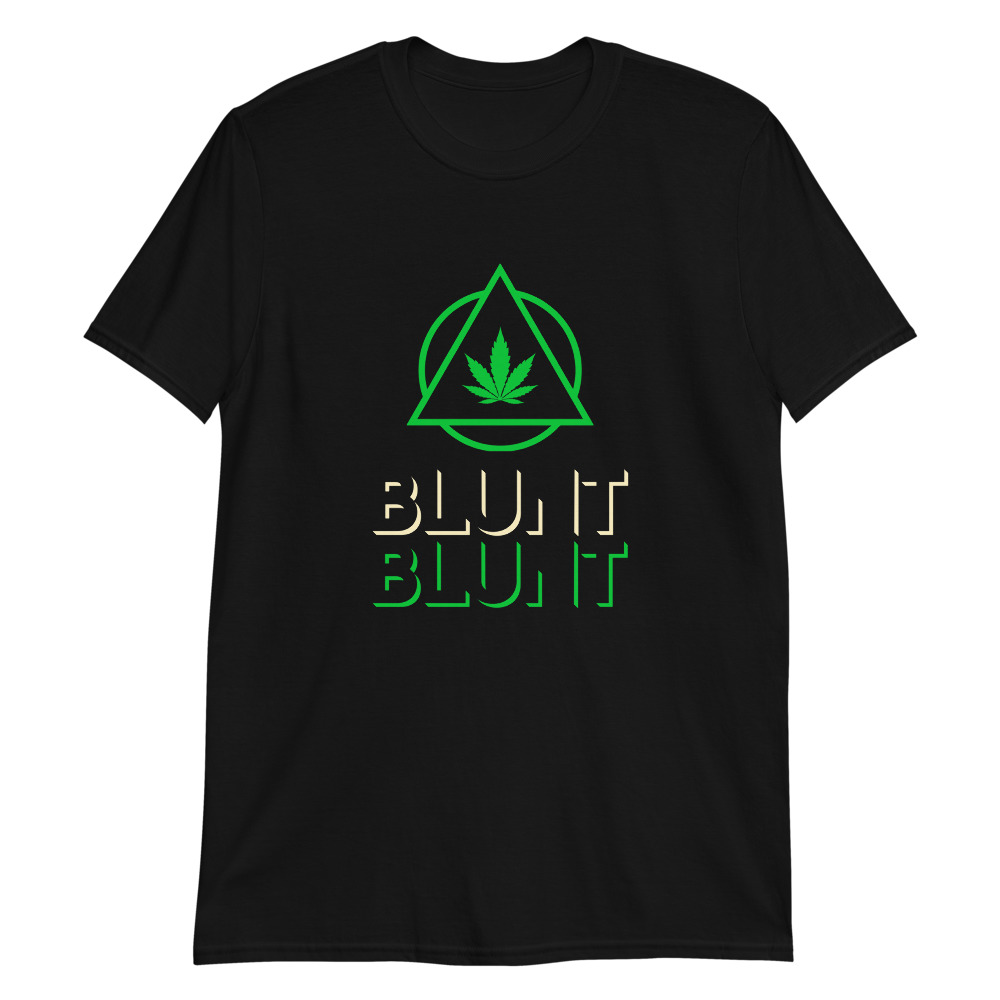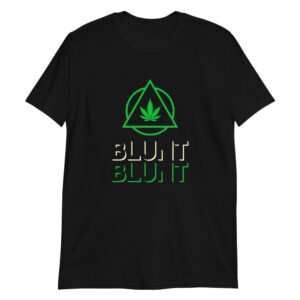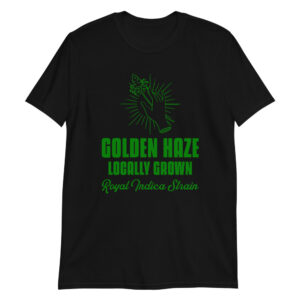Discovering Hidden Gems: Exploring Vintage Clothing Stores in Kansas City
There is a certain thrill that comes with finding unique vintage pieces. Whether it’s a perfectly worn-in leather jacket, a delicate lace dress from the 1920s, or a pair of retro high-waisted jeans, vintage clothing offers a sense of nostalgia and individuality that is hard to find in today’s fast fashion world. The excitement of discovering these treasures lies in the fact that they are one-of-a-kind, with their own stories and histories. Each piece has been loved and worn by someone before, adding to its charm and allure.
In addition to the thrill of finding something truly special, shopping for vintage clothing is also a sustainable and eco-friendly option. With the fashion industry being one of the largest contributors to pollution and waste, choosing to buy vintage helps reduce the demand for new clothing production. By giving new life to pre-loved garments, we can help minimize our carbon footprint and make a positive impact on the environment.
Kansas City’s Rich History of Vintage Clothing Stores
Kansas City has a rich history when it comes to vintage clothing stores. The city has long been a hub for fashion enthusiasts and collectors, with a thriving vintage scene that dates back decades. From small boutique shops to larger, well-established stores, there is something for everyone in Kansas City’s vintage shopping scene.
One of the most iconic vintage stores in Kansas City is River Market Antiques. Located in the historic River Market district, this multi-level store is home to over 175 vendors selling everything from clothing and accessories to furniture and home decor. With its wide selection and affordable prices, River Market Antiques has become a go-to destination for vintage lovers in the city.
Another beloved vintage store in Kansas City is Retro Vixen. Located in the Westport neighborhood, Retro Vixen specializes in vintage clothing from the 1940s through the 1980s. The store is known for its curated selection of high-quality pieces, as well as its knowledgeable and friendly staff. Whether you’re looking for a vintage cocktail dress or a pair of retro sunglasses, Retro Vixen is a must-visit for any vintage enthusiast.
The Best Neighborhoods for Vintage Shopping in Kansas City
Kansas City is home to several neighborhoods that are known for their vibrant vintage shopping scenes. Each neighborhood has its own unique offerings and atmosphere, making it a delight to explore and discover hidden gems.
One of the top neighborhoods for vintage shopping in Kansas City is the West Bottoms. Located just west of downtown, this historic district is home to numerous antique and vintage stores. The area is known for its large warehouses and industrial buildings, which have been transformed into unique shopping destinations. From clothing and accessories to furniture and home decor, the West Bottoms has something for everyone.
Another popular neighborhood for vintage shopping is the Crossroads Arts District. Known for its art galleries, boutiques, and restaurants, the Crossroads is a haven for creative types and fashion lovers alike. The neighborhood is home to several vintage stores, offering a wide range of clothing and accessories from various eras. Whether you’re looking for a vintage band t-shirt or a retro handbag, you’re sure to find it in the Crossroads.
Tips for Finding Unique and Affordable Vintage Pieces
Finding unique and affordable vintage pieces can be a challenge, but with a little patience and know-how, it’s possible to score some amazing finds. Here are some practical tips to help you navigate the world of vintage shopping:
1. Do your research: Before heading out to shop, take some time to research different eras and styles that you’re interested in. This will help you identify what to look for and what to avoid when browsing through racks of vintage clothing.
2. Know your personal style: It’s important to have a clear understanding of your personal style when shopping for vintage clothing. This will help you narrow down your options and make more informed decisions. If you’re unsure of your style, start by looking at fashion inspiration from different eras and see what resonates with you.
3. Check for quality: When shopping for vintage clothing, it’s important to carefully inspect each piece for any signs of wear or damage. Look for loose threads, stains, or holes, and consider whether these can be easily repaired or if they will affect the overall look and wearability of the garment.
4. Try things on: Vintage sizing can be inconsistent, so it’s always a good idea to try things on before making a purchase. Don’t be discouraged if something doesn’t fit perfectly – vintage clothing can often be altered to better suit your body shape.
5. Be patient: Vintage shopping requires patience and perseverance. It may take several trips to different stores before you find that perfect piece, but the thrill of the hunt is part of the fun.
The Fascinating Stories Behind Vintage Clothing Finds
One of the most fascinating aspects of vintage clothing is the stories that come with each piece. Every garment has its own history and significance, and discovering these stories can add an extra layer of meaning to your wardrobe.
For example, imagine finding a vintage dress from the 1950s with a handwritten note tucked into the pocket. The note could be a love letter or a grocery list, giving you a glimpse into the life of the person who once owned the dress. These personal touches make vintage clothing feel more special and unique compared to mass-produced items.
In addition to personal stories, vintage clothing can also tell us about broader historical and cultural trends. For example, a pair of bell-bottom jeans from the 1970s can evoke images of disco clubs and free-spirited youth culture. By wearing these pieces, we become part of a larger narrative and connect with the past in a meaningful way.
How to Care for and Style Vintage Clothing

Caring for vintage clothing is essential to ensure its longevity and continued wearability. Here are some tips to help you properly care for your vintage pieces:
1. Read the care labels: Vintage clothing often comes with care labels that provide instructions on how to clean and care for the garment. Follow these instructions as closely as possible to avoid damaging the fabric or causing shrinkage.
2. Hand wash or dry clean: Many vintage garments are delicate and should be hand washed or dry cleaned to avoid damage. If hand washing, use a gentle detergent and cold water, and avoid wringing or twisting the garment.
3. Store properly: When not wearing your vintage clothing, store it in a cool, dry place away from direct sunlight. Avoid hanging delicate items, as this can cause stretching or distortion of the fabric. Instead, fold them carefully and store them in acid-free tissue paper or cotton garment bags.
4. Style with modern pieces: One of the joys of wearing vintage clothing is mixing it with modern pieces to create a unique and personalized look. Pair a vintage blouse with high-waisted jeans and ankle boots for a casual yet chic outfit, or layer a vintage dress over a turtleneck and tights for a cozy winter look.
5. Experiment with accessories: Accessories can elevate any outfit, and vintage accessories can add an extra touch of charm and character. Try adding a vintage brooch to a blazer lapel, or wear a vintage scarf as a headband or belt.
The Benefits of Sustainable Fashion: Why Vintage is the Way to Go
The fashion industry is one of the largest contributors to pollution and waste, with fast fashion brands producing massive amounts of clothing that often end up in landfills after just a few wears. Choosing to buy vintage clothing is a sustainable and ethical option that helps reduce the demand for new clothing production.
By shopping for vintage clothing, we are giving new life to pre-loved garments and minimizing our carbon footprint. Vintage clothing is already in circulation, so no additional resources are needed to produce it. This helps conserve water, energy, and other valuable resources that are used in the production of new clothing.
In addition to being environmentally friendly, vintage clothing is also a more ethical choice. The fashion industry is notorious for its poor labor practices and exploitation of workers, particularly in developing countries. By choosing to buy vintage, we are supporting a more ethical and fair trade system, where workers are not subjected to unsafe working conditions or unfair wages.
Kansas City’s Best Vintage Clothing Stores for Specific Styles and Eras
Kansas City is home to several vintage clothing stores that specialize in specific styles and eras. Whether you’re looking for 1950s pin-up dresses or 1980s punk rock t-shirts, there is a store in Kansas City that caters to your specific style preferences. Here are some of the best stores for specific styles and eras:
1. The Vintage Haberdashery: Located in the Westport neighborhood, The Vintage Haberdashery specializes in men’s vintage clothing from the 1920s through the 1970s. From tailored suits and fedora hats to vintage band t-shirts and leather jackets, this store has everything a dapper gentleman needs.
2. Birdies Panties: If you’re a fan of retro lingerie and pin-up style, Birdies Panties is the place to go. Located in the Crossroads Arts District, this boutique store offers a wide selection of vintage-inspired lingerie, including bullet bras, garter belts, and silk nightgowns.
3. Trashy Diva: For lovers of 1940s and 1950s fashion, Trashy Diva is a must-visit. Located in the West Bottoms, this store specializes in vintage-inspired clothing that celebrates the feminine silhouettes and playful prints of the era. From swing dresses and pencil skirts to retro swimwear and accessories, Trashy Diva has it all.
The Growing Popularity of Vintage Clothing in Kansas City
In recent years, there has been a growing popularity of vintage clothing in Kansas City. More and more people are realizing the value and uniqueness of vintage pieces, and are choosing to incorporate them into their wardrobes. This increased interest in vintage fashion has led to the opening of new stores and the expansion of existing ones, further fueling the vintage shopping scene in the city.
In addition to the popularity of vintage clothing stores, Kansas City also hosts several vintage events and markets throughout the year. These events bring together vintage enthusiasts from all over the city and provide a platform for local vendors to showcase their unique finds. From pop-up markets to themed fashion shows, these events are a great way to immerse yourself in the world of vintage fashion and connect with like-minded individuals.
Why Exploring Vintage Clothing Stores is a Must-Do Activity in Kansas City
Exploring vintage clothing stores in Kansas City is not just a shopping activity – it’s an experience. From the thrill of finding unique treasures to the satisfaction of knowing you’re making a sustainable choice, vintage shopping offers a multitude of benefits. Whether you’re a seasoned vintage lover or just starting to dip your toes into the world of retro fashion, Kansas City’s vintage stores and neighborhoods have something for everyone.
So next time you’re in Kansas City, be sure to set aside some time to explore the city’s rich history of vintage clothing stores. Whether you’re searching for a specific style or era, or simply want to browse through racks of unique pieces, you’re sure to find something that catches your eye. Happy hunting!
If you’re a fan of vintage clothing and happen to be in Kansas City, you’re in luck! Check out this article on Block Trendz’s website that highlights the best vintage clothing stores in Kansas City. From unique finds to timeless classics, these stores offer a wide range of options for fashion enthusiasts. Whether you’re looking for a statement piece or simply want to add some retro flair to your wardrobe, these vintage stores have got you covered. Don’t miss out on the opportunity to explore the rich history and style that Kansas City has to offer. Read more
FAQs
What are vintage clothing stores?
Vintage clothing stores are retail shops that specialize in selling clothing items that are at least 20 years old. These items are often unique and have a historical or cultural significance.
What is Kansas City known for in terms of vintage clothing?
Kansas City is known for its thriving vintage clothing scene, with many stores offering a wide variety of vintage clothing items from different eras and styles.
What types of vintage clothing can be found in Kansas City?
Kansas City vintage clothing stores offer a range of clothing items from different eras, including 1920s flapper dresses, 1950s swing dresses, 1970s bohemian styles, and more.
What is the price range for vintage clothing in Kansas City?
The price range for vintage clothing in Kansas City varies depending on the store and the item. Some stores offer affordable options, while others specialize in high-end designer vintage pieces.
Are there any famous vintage clothing stores in Kansas City?
Yes, there are several famous vintage clothing stores in Kansas City, including Retro Vixen, River Market Vintage, and Dear Society.
Can I sell my vintage clothing to these stores?
Some vintage clothing stores in Kansas City may offer a buy-sell-trade option, where you can sell your vintage clothing items to the store for cash or store credit. However, it is best to check with the individual store for their specific policies.






















 For the consummate cannabis enthusiast in your life!
For the consummate cannabis enthusiast in your life!